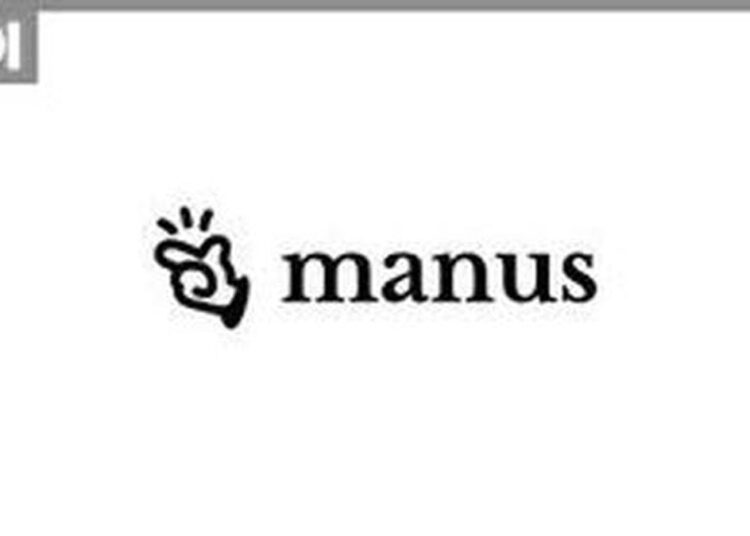Chinese AI startup Manus is rapidly making a name for itself following the successful registration of its AI assistant, Monica, designed for domestic release. This milestone, officially recognized on March 20, 2025, marked the startup’s debut in state media broadcasts, signaling a strategic effort by the Beijing government to bolster local tech firms capable of competing on the global stage.
The development of Monica is part of Manus’ larger goal to redefine the landscape of autonomous AI solutions. Unlike traditional chatbots that require continuous input and supervision, Manus claims its AI agent is capable of making decisions and executing tasks with significantly less prompting. This innovation went viral on social media platform X, generating comparisons with established technologies in Silicon Valley.
Launched on March 6, 2025, Manus’ AI agent distinguishes itself by its autonomous capabilities—effectively presenting itself as the world’s first general AI agent. It can perform complex tasks such as writing and deploying code, managing emails, and even making travel arrangements, positioning it as a pivotal player in the rapidly evolving AI industry. “Manus is an agent of the general that connects minds and actions: not only thinks, but also generates results,” explained Yichao ‘Peak’ Ji, the co-founder and scientist in chief at Manus AI.
Manus’ recognition by the Chinese government further cements its position within a competitive marketplace. The Beijing city government confirmed that Monica has cleared the required registration for generative AI applications, aligning with China’s strict regulatory guidelines that govern AI content to avoid politically sensitive topics. This regulatory clearance is seen as critical for domestic tech firms seeking to establish themselves within a tightly controlled environment.
State broadcaster CCTV underscored this growing support by airing a segment that compared Manus’ AI agent with DeepSeek’s chatbot—a move that echoes prior promotional efforts aimed at other successful Chinese startups. This type of exposure not only enhances Manus’ public profile but also aligns with Beijing’s broader strategy to support domestic technology leaders.
As part of its efforts to enhance its offerings, Manus recently announced a strategic partnership with the team behind Alibaba’s Qwen AI models. This collaboration promises to accelerate the development and rollout of its AI services, enhancing capabilities across various applications and responding to market demands for advanced AI functionalities. Currently, access to the Manus AI agent is invitation-only, with the startup reporting a staggering waiting list of 2 million eager users.
Despite its burgeoning popularity, Manus also faces scrutiny regarding user privacy and data security. Experts caution that while the AI’s functionalities are impressive, users should remain vigilant about potential data implications, especially in a country with strict data regulations. As Manus gains traction, discussions regarding the ethical management of user information will likely become more pronounced.
Furthermore, Manus stands as a key player in the international AI race, juxtaposing itself with competitors like DeepSeek, which gained acclaim for delivering viable AI models at lower costs than those produced in the U.S. This ongoing competition fuels interest among investors looking for the next disruptive force in the industry. With significant attention from the state and a fast-growing user base, Manus is well-poised to expand its reach domestically and potentially attract global interest.
In summary, Manus’ emergence as a front-runner in the Chinese AI landscape is marked by governmental support, a unique product offering, and an impressive user engagement strategy. As China continues to fortify its capabilities in artificial intelligence, Manus exemplifies the nation’s ambition to lead in this transformative technology sector, potentially shifting the global balance in AI development. The future will tell whether Manus can maintain its momentum amid challenges and skepticism from the tech community.


